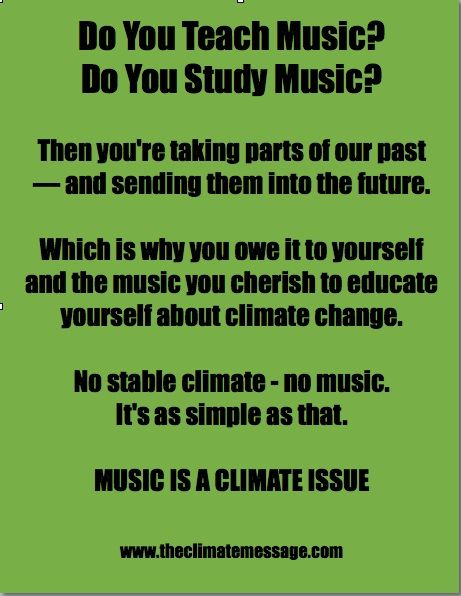When I was living in India and studying music, my daily lessons would go on for hours at a time. My teacher, S.G. Devasthali, would sing a phrase and I’d sing it back; only when I reproduced it to his satisfaction would he move on.
There was very little talking. Occasionally he’d say, “not like that!” or “very good!”
While Pt. Devasthali was a master musician and a remarkably skillful teacher, the actual form of his pedagogy was purely traditional. He taught in the way he’d been taught, and his teacher taught the way he’d been taught, and so ad infinitum.
When I began teaching, I used the same method: sing, repeat, don’t go on until the student gets it to my satisfaction.
My students began saying things to me — “I’ve never learned music like this before, but it seems so natural!”, “These lessons make me feel so good — why is that?”
The answer is simple.
Like all the other life-forms on the planet, we learn by imitation. And we humans have evolved to be superb at it. The teaching and learning we do is always based on imitation, even when we don’t think it is — lecture classes are far more effective at teaching “how to sit in a lecture class” than they are at teaching whatever the nominal subject might be.
So the process of learning by imitation is a core element of human knowledge that goes back to a time before our species emerged.
And music, of course, has likewise been with us since before the beginning.
When we learn in the oral tradition, we’re doing something that’s very old — far older than music notation, conservatories, YouTube, and method books.
No wonder it feels good.
This way of teaching and learning will only die out in humanity if our species does. We should try and make sure that doesn’t happen, which is where climate activism comes in.
